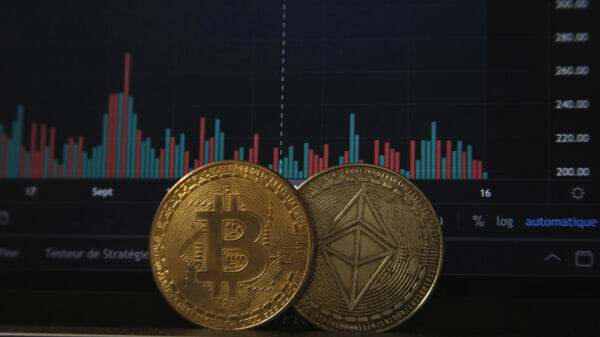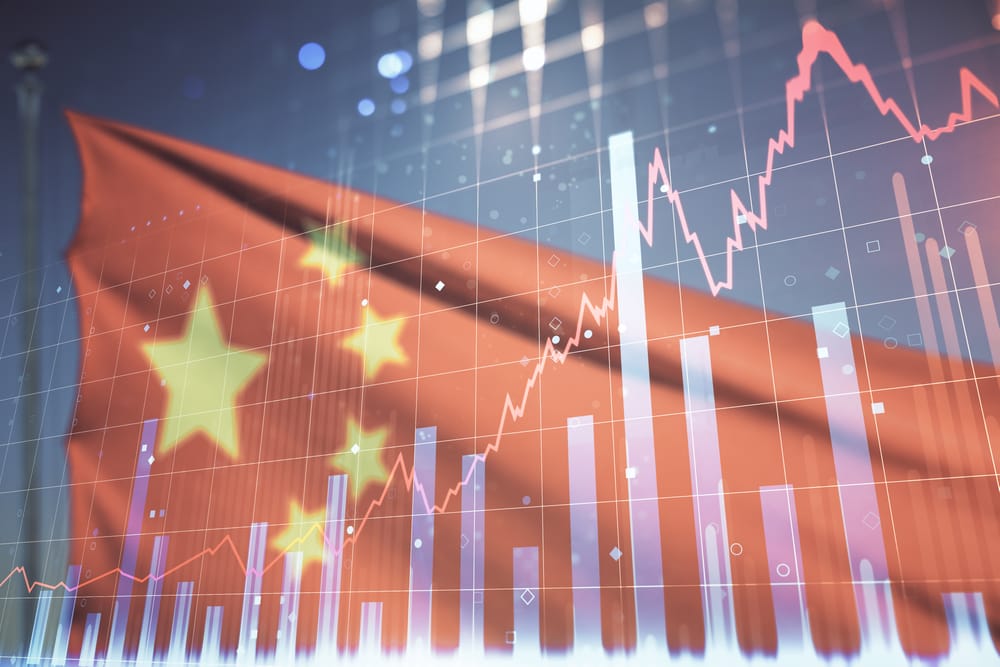China’s stock market saw a notable increase as Beijing revealed its economic growth target of around 5% for 2024 during the “Two Sessions” meeting. This announcement led to mainland China’s CSI 300 index rising by 0.7% to 3,565.51, its highest level since late November. However, Hong Kong’s Hang Seng index fell by 2.65%, standing out with losses in Asia.
Amidst these market movements, South Korea’s Kospi dropped by 0.93%, while Japan’s Nikkei 225 remained slightly above 40,000. Taiwan’s weighted index reached a record high, showcasing diverse trends across Asian markets. Australia’s S&P/ASX 200 experienced a slight decline of 0.15%, closing at 7,724.20.
Gold futures hit a record high on Monday amid speculations about potential Federal Reserve interest rate cuts later in the year. This surge in gold prices reflects market sentiments and uncertainties surrounding future monetary policies.
In the United States, all three major indexes retreated, with the S&P 500 and Nasdaq Composite stepping back from recent all-time highs. This adjustment in the U.S. markets coincides with ongoing discussions and speculations about economic policies and growth prospects.
Reports suggest Japan is seeing early signs of increased inflation and wages. Measures are being taken to limit the influence of large corporations on wage bargaining and boost profits for smaller businesses. The Bank of Japan has highlighted sustainable wage hikes as a key factor for transitioning away from its ultra-loose monetary policy, without specifying timelines or conditions for such moves.
As global markets adapt to changing economic conditions, investors and stakeholders are staying alert, closely following updates and policy decisions that may affect market dynamics in the upcoming months.
Image Source: Pixels Hunter / Shutterstock













































